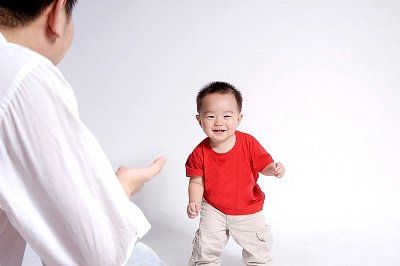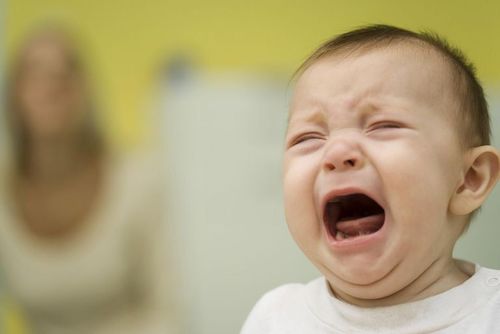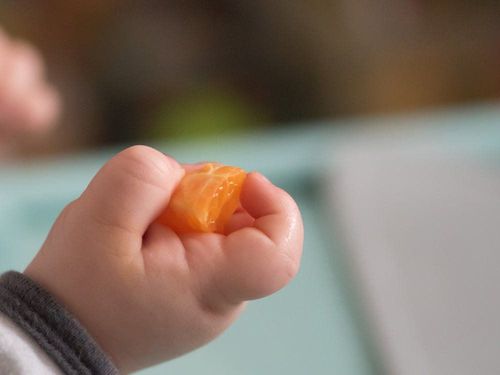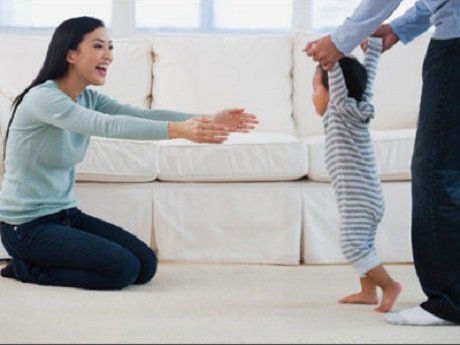This is an automatically translated article.
Everyone is surprised at the child saying "please" and "thank you" but if you are someone who often forgets to say nice things, you may be wondering what you can do to encourage your child to say more. pleasant words you long to hear. Because no child is born knowing how to say those kind words, but children observe and absorb all your behaviors and those around them.1. What good manners mean for toddlers
Being polite is a social skill that parents need to teach their children to master, because it is an important thing that will affect children's lives now and in the future. A child who is friendly with others will open doors of opportunity in everyday life, doors that are always closed to children who act disrespectfully to others.
Polite children are always preferred to be playmates with other children and are often invited to the homes of friends, relatives and neighbors. Children need a caring community to build self-esteem and a sense of belonging.
At the heart of children's social relationships is the ability to maintain self-esteem, while learning how to show respect for others. It's the basics of manners that a child needs to learn. Respect will be shown through the child's behavior and words.
Teaching manners helps children learn to put respect into action. But the behavior must be sincere, conscientious and well-intentioned. True respect is not simply the superficial words that children hastily utter to appease an upset adult.
Insincere "please" or "thank you" or "I'm sorry" will become empty and meaningless. Asking children to apologize properly teaches children to thinklessly and artificially comply, with no real respect.
Even when children use nice words, those words are only good when expressed with the child's genuine feelings and sincerity. Honest manners and respectful actions build integrity and make it easier to reach the hearts of others.
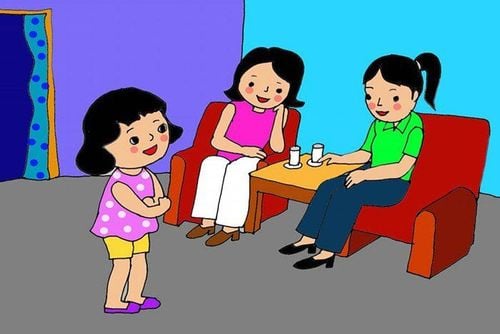
Cách dạy trẻ biết nói là cảm ơn và xin lỗi
2. Teach your child to be polite
No child is born polite. In fact, toddlers tend to act like cave kids, grumbling and following adults. However, babies are also picking up on all kinds of behaviors right now, so now is the perfect time to start teaching them manners.
Sure, it's hard for you to ask your child to do what you say. But if you make the practice of politeness a habit, your child will eventually follow through.
With a child from 2 years old, it is necessary to know how to say polite words like “please”, “thank you” and “I can...”. By the age of 3, your baby will be ready to learn to sit at the table until allowed, inviting acquaintances with a polite attitude.
As you give lessons on politeness, don't forget that the basic message for children of all ages is to be polite and kind. Take care to explain that we use polite language and show respect to others because it is the thoughtful and right thing to do, not because they are “rules.”
Teach children good manners:
Fact: the family dinner table is the perfect classroom for lifelong lessons in manners. That's why it's important to clear the table with utensils and spend time eating together, instead of eating in front of the TV. Sure, toddlers will still tend to eat with their hands and wipe their mouths on their sleeves, but they'll never learn to use a fork properly if they don't get a chance to try. Be a role model: that applies both indoors and out. Let your child see that you are polite to cashiers, neighbors, even strangers. And show them the same courtesy, by saying "thank you" when they obey your request or saying "I'm sorry" if you accidentally bump into them. Listen patiently and respectfully when your child speaks, just as you would hope he would do for others. Say "thanks for coming!" when your child's playmate leaves, or gently remind him not to nag but politely say, "Ask Grandma if she could give me some cheese, please."
Positive thinking: Notice and praise the child's good behavior, while often ignoring the bad. Remember, this is a slow, steady, and lengthy process, so don't make it harder for yourself or your toddler than it needs to be.
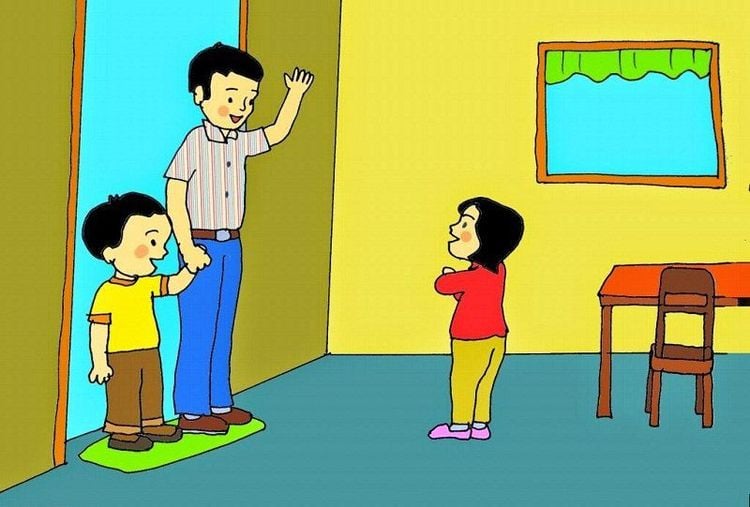
Cha mẹ cần làm gương và dạy con từ những điều cơ bản và nhỏ nhặt trong cuộc sống
3. Teach your baby to say hello, teach him to say thank you
If you don't want to go to a child's house who refuses to look away from the screen to say hello, the best way is to set a good example. If you always say hello to family members and say goodbye to them, your child will pick up your routine starting from when he is about 2 years old. For example, when Mom gets home, Dad might give her a kiss and say warmly, "Hi! How are you today?". When dad is walking out the door to go to work, mom and kids can hug him and say, "Have a nice day dad".
"Please" and "thank you" are other words parents want to hear their children say. When you ask your child to go out to dinner, add the polite words you'd like your child to use: when he shows up happily, say, "Thank you, you got to the table so quickly." Modeling will help your child learn this habit, and when you hear him say "please," praise him for it.
Children often say "thank you" a little later than "please", but generally by the age of 4 or 5, children will begin to say these kind words. It helps to gently remind your child that people are more likely to fulfill his or her wishes when he politely and gratefully asks for things. It also makes people feel good when they're appreciated for what they do.
Another nice and very valuable word is "sorry", perhaps this is also the most important. Betsy Brown Braun, author of Just Tell Me What to Say: Sensible Tips and Scripts for Perplexed Parents, says parents often overuse the word. Embarrassed by their child's inquiring eyes, parents force their children to say they're sorry now.

Biết nói lời cảm ơn và xin lỗi là bài học đầu tiên trẻ cần được dạy
Brown Braun says: “Teaching empathy is far more important than forcing a child to rote empty words.” Don't just start asking your child to say sorry. Explain to your child why what he did was wrong: 'See how sad that boy was when I took his car?' Then you need to show him how to correct the mistake: We Should I return the car to him and bring him a tissue?".
The way to teach your baby to say hello, to teach him to say thank you and more broadly to teach him to be polite is that you need to be an example of doing those things every day, both at home and when going out. Because children will observe and learn from what adults do. So, if you want a child to behave well, you need to be kind to him and the people around him first.
If in the process of teaching your child you encounter difficulties in your child's character and cooperation, you can ask for support from a Mental Health doctor at Vinmec International General Hospital. With modern equipment, machines and a team of qualified doctors, will help you find the cause and have the direction to adjust the most appropriate behaviors and words in the developmental stage in children. .
Please dial HOTLINE for more information or register for an appointment HERE. Download MyVinmec app to make appointments faster and to manage your bookings easily.
Source: babycenter.com - whattoexpect.com - childcareexchange.com




